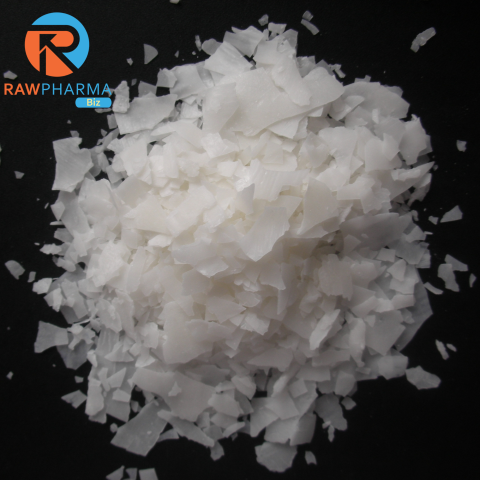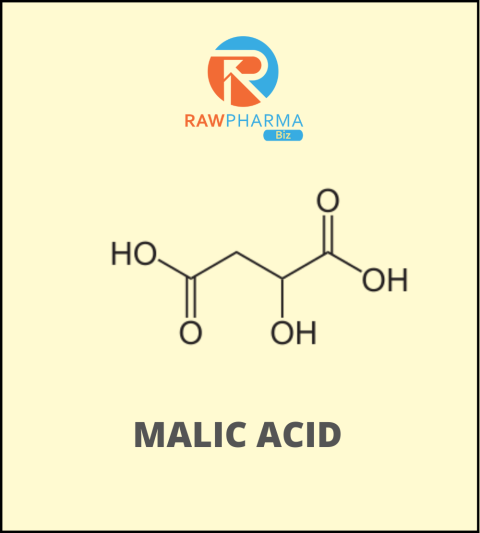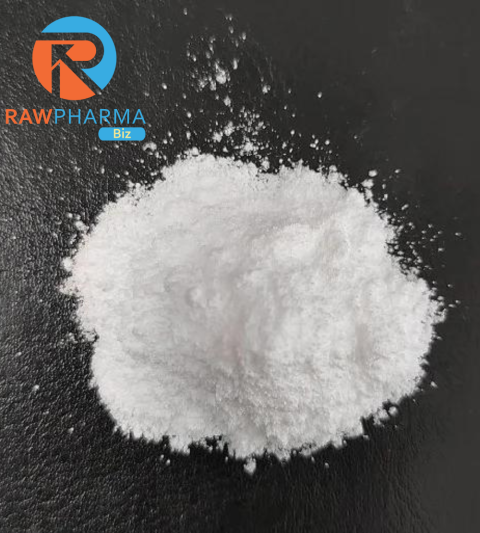L+ Tartaric Acid 25Kg Pack
Short Descriptions
L+ Tartaric Acid is a naturally occurring organic acid found in various fruits, particularly in grapes. It is commonly used in the food and beverage industry as an acidulant and stabilizing agent, notably in the production of wines, jams, and certain candies. L+ Tartaric Acid is known for its role in controlling pH levels, enhancing flavors, and contributing to the structure and stability of certain food products. Additionally, it finds applications in pharmaceuticals and various industrial processes.
More Information
Details
L+ Tartaric Acid, a naturally occurring organic acid, is a prominent member of the tartaric acid family, derived primarily from grapes. This compound is a key player in the world of food science, chemistry, and various industrial applications. Its name is derived from its occurrence in tartaric deposits, also known as wine diamonds, found in wine casks. L+ Tartaric Acid is abundantly found in grapes, especially in the skins, seeds, and stems. Other natural sources include bananas, tamarinds, and certain citrus fruits. Its presence in grapes makes it a vital component in winemaking, where it plays a crucial role in influencing the taste, acidity, and stability of the final product. Chemically, L+ Tartaric Acid is a chiral molecule, meaning it exists in two mirror-image forms, denoted as L and D. The L+ form is the naturally occurring version and is generally preferred for various applications. Its chemical formula is C4H6O6, and it is a dihydroxy-1,2,3-propane tricarboxylic acid. The compound is soluble in water and has a characteristic sour taste. L+ Tartaric Acid is widely utilized in the food and beverage industry as an acidulant, stabilizing agent, and pH control agent. In winemaking, it plays a crucial role in influencing the acidity of the wine, preventing the crystallization of potassium bitartrate, and contributing to the overall flavor profile. In the production of jams, jellies, and certain candies, L+ Tartaric Acid helps achieve the desired texture and stability. Beyond the culinary realm, L+ Tartaric Acid finds applications in various industrial processes. It is used in the production of effervescent salts, as a chelating agent in metal industries, and as a catalyst in certain chemical reactions. In the pharmaceutical industry, it is employed in the formulation of medications and serves as a stabilizing agent for certain drugs. While L+ Tartaric Acid is generally recognized as safe for consumption in moderate amounts, excessive intake may lead to digestive discomfort in some individuals. It is important to note that tartaric acid intolerance is rare, and the compound is metabolized and excreted by the body. L+ Tartaric Acid, with its diverse applications across industries, stands as a versatile compound derived from nature. Its contributions to the world of winemaking, food production, and various industrial processes underscore its significance in both culinary and scientific domains.




